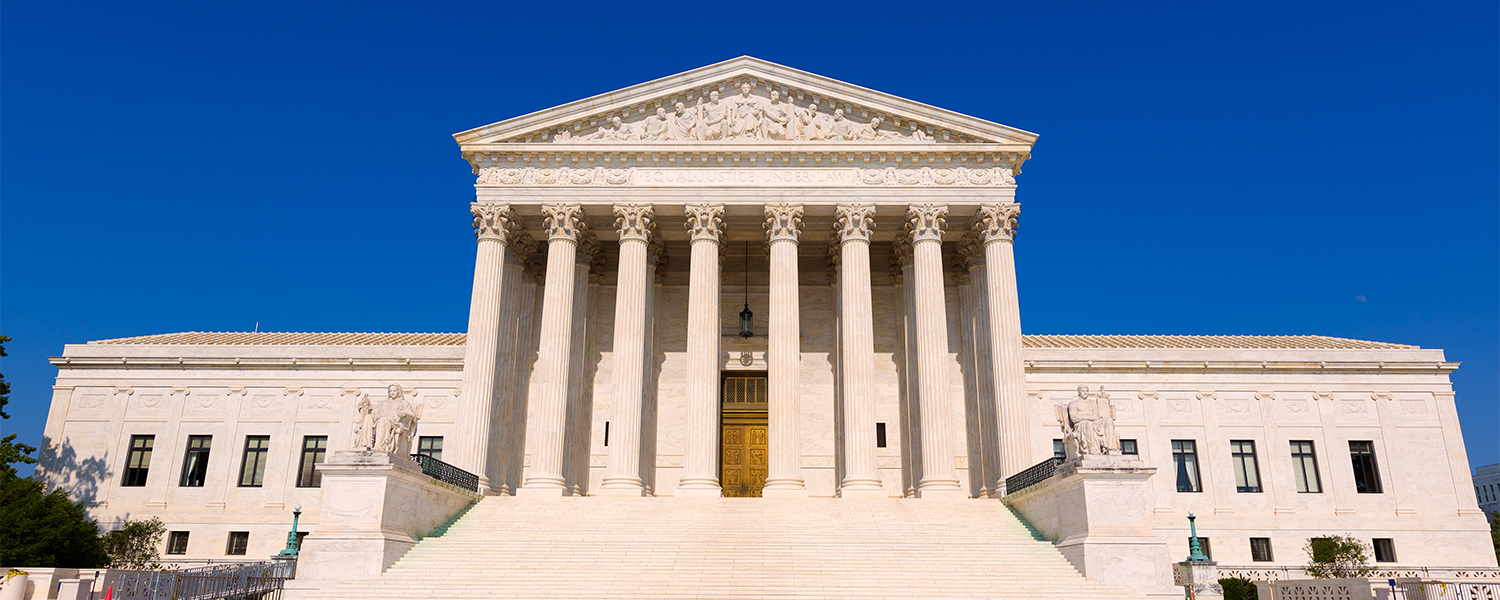Court Rules Roundup Warning Claims Preempted by Federal Law
Court Rules Roundup Warning Claims Preempted by Federal Law

Introduction
Bayer and its Monsanto subsidiary are seeking a pathway to challenge all Roundup cancer lawsuits before the U.S. Supreme Court, following a recent federal appeals court decision.
This decision found that state law claims regarding the failure to warn about the risks of non-Hodgkin’s lymphoma are preempted by federal law.
Over the last decade, Bayer and Monsanto have faced more than 120,000 product liability lawsuits, with plaintiffs alleging that the companies failed to disclose the potential cancer risks of Roundup and its active ingredient, glyphosate.
Each lawsuit claims that the manufacturers were aware of the potential cancer risks linked to the popular herbicide but did not provide adequate warnings to those frequently exposed to the chemical, such as farmers, landscapers, and other agricultural workers.
 Although Bayer and Monsanto have already paid over $10 billion in Roundup settlements, they continue to face thousands of active lawsuits in the U.S., with new claims regularly filed by former users of the weed killer who later developed non-Hodgkin’s lymphoma and other cancers.
Although Bayer and Monsanto have already paid over $10 billion in Roundup settlements, they continue to face thousands of active lawsuits in the U.S., with new claims regularly filed by former users of the weed killer who later developed non-Hodgkin’s lymphoma and other cancers.
To avoid further liability, Bayer and Monsanto have consistently argued that federal laws prevented them from adding cancer warning labels to Roundup products. The companies contend that under the Federal Insecticide, Fungicide, and Rodenticide Act (FIFRA), the U.S. Environmental Protection Agency (EPA) must approve warning labels for pesticide products in the U.S. According to the companies, when the EPA approved the labels for Roundup, it did not require a warning about the risk of non-Hodgkin’s lymphoma or other cancers.
Bayer and Monsanto have argued that, due to federal regulations, they were not permitted to include a cancer warning on Roundup labels, even if they had wanted to. As a result, they claim that state-level "failure to warn" lawsuits are preempted by federal law.
On August 15, the U.S. District Court for the Third Circuit supported this argument in an appeal by Bayer, related to a verdict in favor of a plaintiff who developed non-Hodgkin’s lymphoma after using Roundup. The appeals court ruled that Bayer and Monsanto could not have complied with Pennsylvania state law warning requirements because of federal restrictions on updating the weed killer’s label.
The Third Circuit stated in its ruling, "Because regulations promulgated to implement FIFRA require the health warnings on a pesticide’s label to conform to the proposed label approved by the EPA during the registration process, and because during Roundup’s registration process the EPA approved proposed labels omitting a cancer warning following an extensive review of scientific evidence concerning Roundup’s possible carcinogenicity, we conclude that the alleged state-law duty to include the Cancer Warning on Roundup’s label imposes requirements that are different from those imposed under FIFRA, and that it is therefore preempted by FIFRA."
 This ruling contrasts with a February 2024 decision by the Eleventh Circuit, where the court rejected a similar attempt by the manufacturers to dismiss a lawsuit. The Eleventh Circuit ruled that compliance with FIFRA labeling rules does not prevent consumers from pursuing failure to warn claims under state law.
This ruling contrasts with a February 2024 decision by the Eleventh Circuit, where the court rejected a similar attempt by the manufacturers to dismiss a lawsuit. The Eleventh Circuit ruled that compliance with FIFRA labeling rules does not prevent consumers from pursuing failure to warn claims under state law.
In response to the Third Circuit’s decision, Bayer issued a press release highlighting the split between federal appellate courts on this issue. The company argues that this split warrants a review by the U.S. Supreme Court to resolve the conflicting interpretations of the law.
Bayer stated, "This decision on federal preemption, a cross-cutting issue in this litigation, creates a circuit split among the federal appellate courts and necessitates a review by the U.S. Supreme Court to settle this important issue of law." The company is now considering the implications of this ruling on other pending litigation and is preparing to present its arguments to the U.S. Supreme Court.
The ultimate impact of this ruling will depend on whether Bayer decides to appeal to the Supreme Court, whether the Supreme Court agrees to hear the case, and what its final decision will be if the case proceeds.




